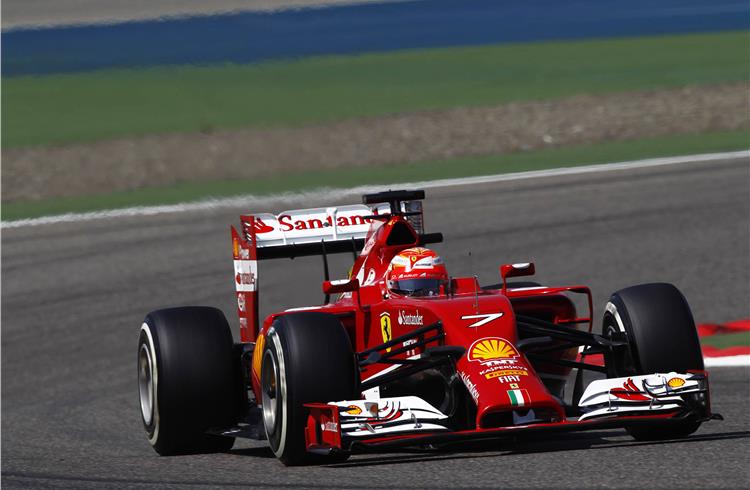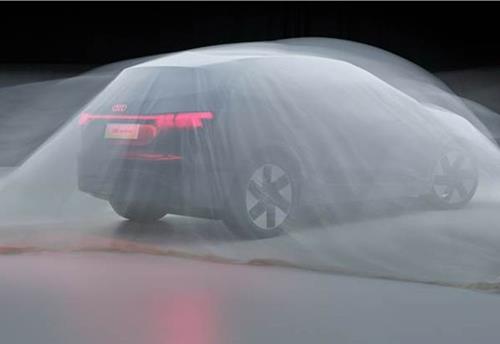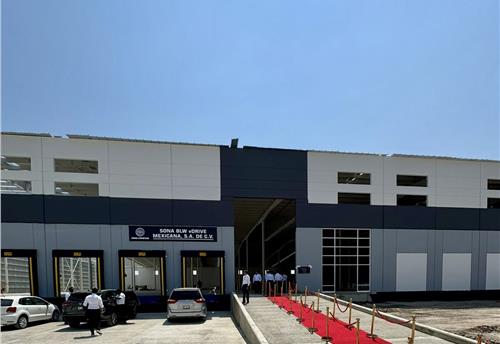Honeywell turbos to power Scuderia Ferrari F1 cars
Honeywell Turbo Technologies, which supplies technology solutions to nearly every major automaker and truck manufacturer in the world, is all set to blitz into Formula 1 motorsport racing with its turbos powering the Scuderia Ferrari F1 car in 2014.
Honeywell Turbo Technologies, which supplies technology solutions to nearly every major automaker and truck manufacturer in the world, is all set to blitz into Formula 1 motorsport racing with its turbos powering the Scuderia Ferrari F1 car in 2014. Scuderia Ferrari is the racing team division of Ferrari, the Italian supercar manufacturer and the world’s most powerful brand.
With Formula 1, the pinnacle of motorsport, adopting new rules that require racing cars to be turbocharged, new technologies are set to leapfrog into this segment of global motor racing.
Honeywell will support the Scuderia Ferrari team with an all-new turbocharged 1.6-litre V6 engine. The Ferrari car is moving from a 2.4-litre naturally-aspirated V8 configuration used from 2006 to 2013. This downsized 1.6-litre engine will produce the equivalent power of a production Honeywell-turbocharged 16-litre commercial vehicle engine. The new downsized turbo engines are also designed with the latest in energy recovery technology to support other systems in the race car.
“To win in Formula 1, our powertrain system must have no weak links,” said Luca Marmorini, Scuderia Ferrari engine and electronics director. “Honeywell’s turbochargers helped us find the downsizing solutions we needed to meet the new rules without compromising the performance.”
Honeywell’s vice-president of Advanced Technologies and Motorsport, Gavin Donkin said: “Honeywell has a 60-year legacy of developing turbocharger technology leveraging our jet engines business within Honeywell. It continues to be a tangible point of differentiation for Honeywell Turbo to the point where we’ve joked with Scuderia Ferrari that given the sophistication of the turbos we are providing, that many of us consider them to be our lowest altitude aerospace customer.”
The turbo developed with Scuderia Ferrari is for a purpose-built Formula 1 race car and the unique and complex systems it supports. While the engine size of 1.6 litres resembles that of many production vehicles, it is not something engineered for direct production use. However, Honeywell’s turbo technology expertise allows its engineers to apply the same underlying principles in the areas of rotational movement, thermodynamics, aerodynamics and material management to develop this racing turbo for Scuderia Ferrari. The new rules package in Formula 1 mirrors the global trends toward downsizing and boosting engines with turbos for greater fuel economy and uncompromised performance.
Honeywell has engineering and design capabilities in Europe and the United States dedicated to its global motorsport programs.
Formula 1 adopts global passenger car trends for downsizing and turbocharging to improve fuel economy and emissions without sacrificing driving performance. Its 2014 engine formula has considered specific technologies in the area of heat energy recovery, which could shape more advanced passenger vehicles in the years to come.
RELATED ARTICLES
Netradyne expands UK operations via partnership with Intelex
The collaboration between Netradyne and Intelex marks a substantial leap forward in advancing road safety and fleet mana...
Audi Q6L e-tron, Q5 e-tron RS, SQ6 coming to Beijing motor show 2024
Long-wheelbase Audi Q6 e-tron, SQ6 based on PPE platform.
Sona Comstar opens new plant in Mexico to cater to growing EV demand in N America
The new facility, set up to meet the growing demand for high-quality driveline solutions for BEVs in North America, will...





 05 Mar 2014
05 Mar 2014
 8533 Views
8533 Views





 Autocar Pro News Desk
Autocar Pro News Desk




